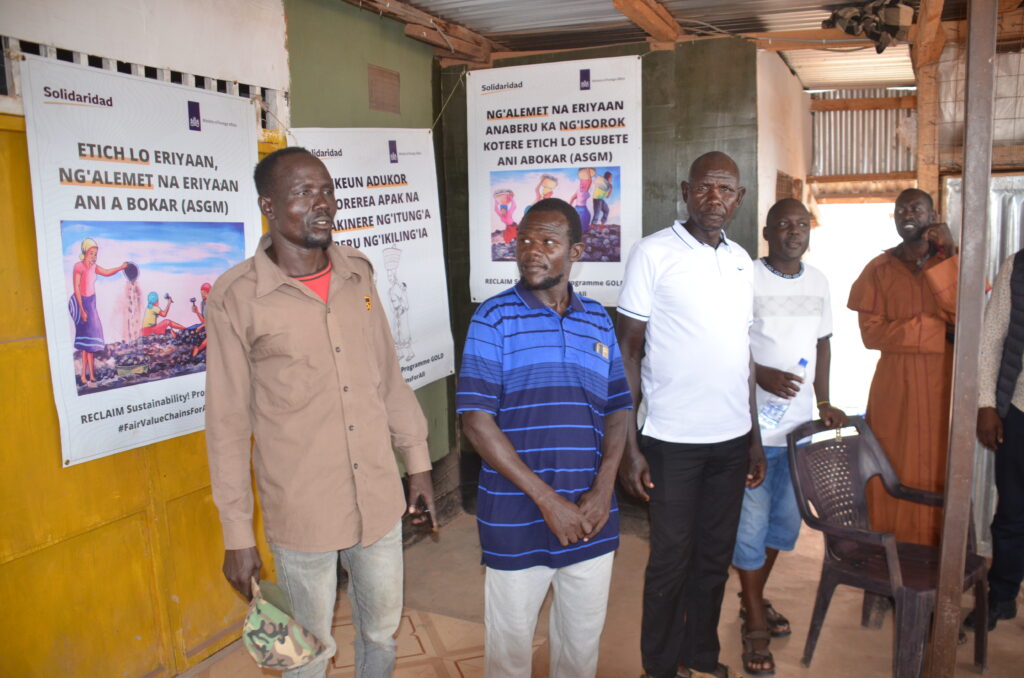Survey
Kenya has been ranked the sixth most attractive destination for mining investment in Africa in a global survey that reflects the tremendous reform-driven growth in the sector.
The Fraser Institute Global Annual Survey of Mining Companies for 2023 sampled 2,045 exploration, development, trading and mining-related companies across the world to sample their perception on a country’s ease and attractiveness for establishing mining and mineral investments.
In the survey, Kenya was ranked position 6 in Africa with an investment attractiveness score of 55.22 per cent. This position pushed Kenya ahead of mining giants in the continent including South Africa, Democratic Republic of Congo and Tanzania which scored 41.84, 42.97 and 46.38 per cent respectively.
Kenya also beat Uganda, Mali, Senegal and Liberia in the Survey. The State Department for Mining Principal Secretary Elijah Mwangi said this was the first time Kenya was being surveyed since the lifting of the mining moratorium that had been in place since December 2019. The moratorium was lifted in November last year.
The PS termed the ranking as an indicator of the positive growth trajectory the mining sector had taken since the department undertook extensive reforms to streamline the operations and introduce robust regulatory frameworks to support stakeholders, miners and investments in the sector.
“Emerging sixth in Africa is no mean feat. This is a pointer of investors’ confidence with the reforms we have undertaken and we aim to make Kenya the choice destination for mineral investments,” he said. Globally, Kenya emerged position 46 ahead of developed countries like China, Turkey and Indonesia.
The Canadian-based Fraser Institute is one of the leading public policy think-tanks in the world whose mining survey is often used as a yardstick by countries to gauge their attractiveness in terms of perception by investors, policy decisions and their impact on mining investments.
The 2023 survey used three broad parameters including Investment Attractiveness Index, Policy Perception Index and Best Practices for Mineral Potential Index to measure a country’s overall suitability as a mineral investment destination.
Since 2019, Kenya has not been ranked in the survey following the decision by the state to impose a moratorium on all mining operations in the country.
During the moratorium period, the department undertook extensive reforms that included the mapping of Kenya’s mineral through the National Aerial Geophysical Survey that identified 970 mineral occurrences in Kenya.The reforms also entailed updating and cleaning of the online mineral cadastre to purge non-compliant and expired licenses from the system and allow new investors to apply for licenses.
The PS states that although notable progress has been achieved, the true extent of the impact of these reforms will be realised in due time. He cited the crackdown of illegal mining operations, the amendment of the Mining Act 2016, the launching of the mining police unit and commissioning of artisanal mining committees to support county operations as some of the factors driving the changes in the sector.
“The reforms are holistic because they will touch on all bits of the mining sector. They are focusing on aspects like legal, operational, enforcement, licenses and royalty remittance amongst others,” he said.
In 2023, Utah in the United States emerged as the most attractive mining jurisdiction globally while Botswana emerged first in Africa. Other African countries that scored favourably in the survey include Morocco, Zambia, Namibia and Ivory Coast.
